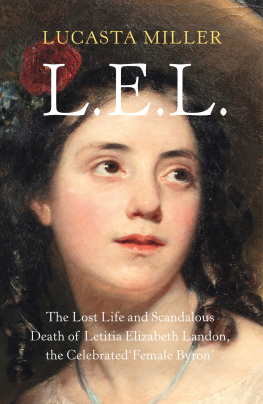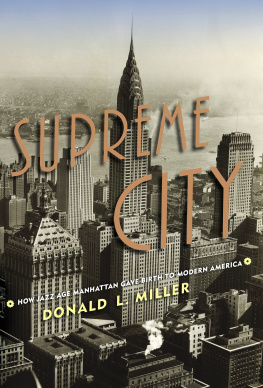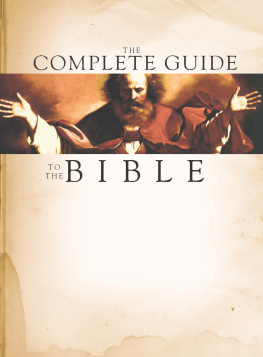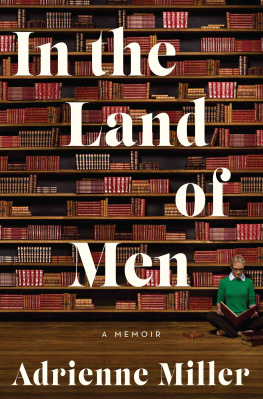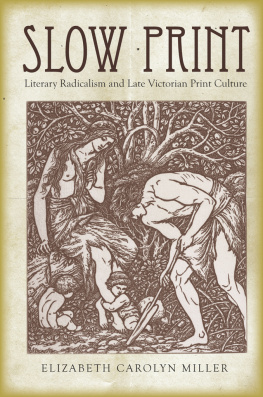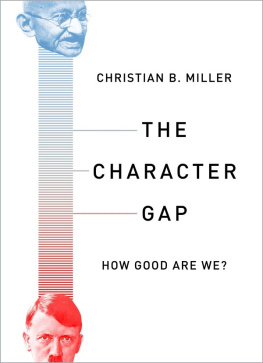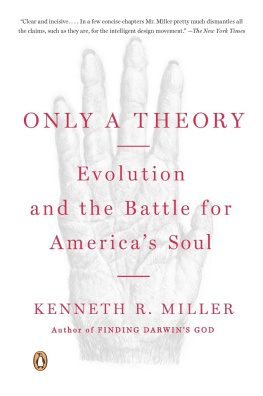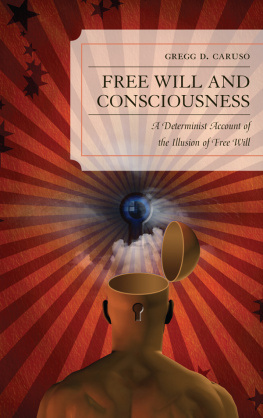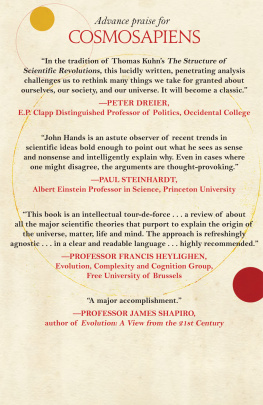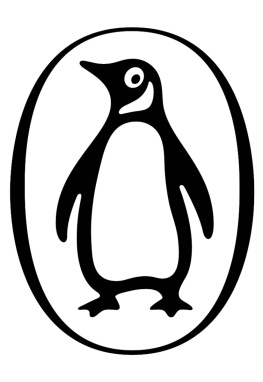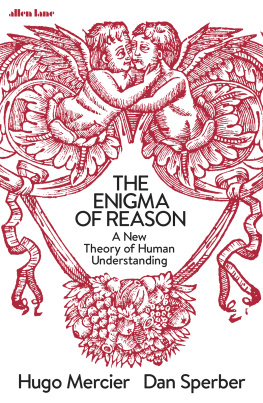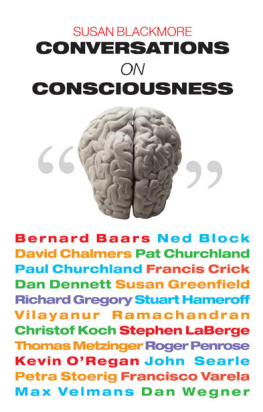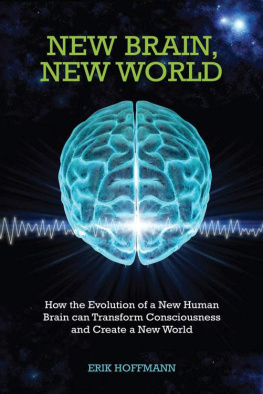Thank you for downloading this Simon & Schuster ebook.
Get a FREE ebook when you join our mailing list. Plus, get updates on new releases, deals, recommended reads, and more from Simon & Schuster. Click below to sign up and see terms and conditions.
CLICK HERE TO SIGN UP
Already a subscriber? Provide your email again so we can register this ebook and send you more of what you like to read. You will continue to receive exclusive offers in your inbox.
We hope you enjoyed reading this Simon & Schuster ebook.
Get a FREE ebook when you join our mailing list. Plus, get updates on new releases, deals, recommended reads, and more from Simon & Schuster. Click below to sign up and see terms and conditions.
CLICK HERE TO SIGN UP
Already a subscriber? Provide your email again so we can register this ebook and send you more of what you like to read. You will continue to receive exclusive offers in your inbox.
Also by Kenneth R. Miller
Only a Theory
Finding Darwins God

Simon & Schuster
1230 Avenue of the Americas
New York, NY 10020
www.SimonandSchuster.com
Copyright 2018 by Kenneth R. Miller
All rights reserved, including the right to reproduce this book or portions thereof in any form whatsoever. For information address Simon & Schuster Subsidiary Rights Department, 1230 Avenue of the Americas, New York, NY 10020.
First Simon & Schuster hardcover edition April 2018
SIMON & SCHUSTER and colophon are registered trademarks of Simon & Schuster, Inc.
For information about special discounts for bulk purchases, please contact Simon & Schuster Special Sales at 1-866-506-1949 or .
The Simon & Schuster Speakers Bureau can bring authors to your live event. For more information or to book an event, contact the Simon & Schuster Speakers Bureau at 1-866-248-3049 or visit our website at www.simonspeakers.com.
Interior design by Lewelin Polanco
Jacket design by Pete Garceau
Jacket art from Istock/Getty Images
Library of Congress Cataloging-in-Publication Data
Names: Miller, Kenneth R. (Kenneth Raymond), 1948- author.
Title: The human instinct : how we evolved to have reason, consciousness, and free will / Kenneth R. Miller.
Description: First Simon & Schuster hardcover edition. | New York : Simon & Schuster, [2018] | Includes bibliographical references and index.
Identifiers: LCCN 2017006770 (print) | LCCN 2017016386 (ebook) | ISBN 9781476790282 | ISBN 9781476790268 (hardcover : alk. paper) | ISBN 9781476790282 (ebook)
Subjects: LCSH: Evolutionary psychology. | Human evolution. | Behavior evolution. | Consciousness. | Natural selection. | Human behavior.
Classification: LCC BF698.95 (ebook) | LCC BF698.95 .M55 2018 (print) | DDC 155.7dc23
LC record available at https://lccn.loc.gov/2017006770
ISBN 978-1-4767-9026-8
ISBN 978-1-4767-9028-2 (ebook)
To my teachers, especially the incomparable Mr. Paul Zong, who first led me to discover the wonders of biology.
Contents
Prologue
Our Story
S tories matter. And once, we had one.
We knew our place. We were the first fruits of creation, stewards of the Earth, masters of the living world. Whether we traced our kind to a rebellious first couple or the upward climb of the Dineh, our people, into the Fourth World, we had a story. That story, or more properly those many stories, confirmed the dignity and value of human existence. They set us apart from the animals. They assured us that our actions mattered, our choices were real, and our lives fit into a fabric of significance.
To be sure, those visions were not all sweetness and light. Many were filled with darkness, many reflected the depths of the human spirit, and many served to spark savage excesses of passion, greed, and even murder. Yet, even in the worst of ages, those narratives filled one of the most basic human needs. They fashioned a sense of place, mission, and value that set our species, for better or for worse, at the pinnacle of the living world. Our Earth was not only the center of the universe; it was home to the only species in that universe that truly mattered.
And then we lost it. Our stories seemed to vanish, and with them our souls, our place in the heavens, and in many ways, ourselves.
The story of that loss has been told many times, sometimes in the context of the enlightenment, of the scientific revolution, or of the great age of discovery. In retrospect, it was surely more triumph than tragedy. The perplexing movements of planets through space yielded to a mathematics of elegance and precision. The bewildering chemistry of matter was reduced to a table of elements, and the elements themselves to aggregates of simple particles. Electricity and magnetism were united, and new tools fashioned to probe ever deeper into the heart of existence.
But of all these great advances, one stood apart in the way it spoke directly to the human conception of self. It was, of course, the theory of evolution by natural selection. To many, it seemed that Charles Darwins ideas on the origin of species had drained the lifeblood from our comforting self-portraits. The old certainties were truly gone, and something new had to take their places. But what? In a sense, we had become Darwins people, but what could that possibly mean?
Not surprisingly, many were not willing to let the old stories go quietly. While some, like Harvard botanist Asa Gray, were quick to accept Darwins great idea, others fought back as though civilization itself were at stake. Books were censored, teachers put on trial, and laws passed to prevent students from learning of any theory teaching that man has descended from a lower order of animals. One such law, in the state of Tennessee, led to the infamous Scopes monkey trial in 1925. That law stood until the Supreme Court struck it down in 1968, but even that great court could not strike down popular resistance to so subversive and revolutionary an idea as evolution.
Even today, many fight back by attacking evolution itself, casting themselves as creationists who reject broad areas of consensus in modern science. To them, cosmology, astronomy, physics, and even geology have conspired to spin an evolutionary epic that is, as one American politician recently claimed, a lie from the pit of hell. Others advance an idea known as intelligent design in which the mechanisms of evolution are rejected as inadequate to account for the complexity of living things. Instead, the actions of a designer are invoked, an intelligent agent standing outside of nature while serving as the grand architect of life. In 2005, this was exactly the argument made in Kitzmiller v. Dover , a highly publicized federal trial in Pennsylvania, a trial in which I served as lead witness against intelligent design.
What both these lines of attack have in common is the call for evolutionary theory to be discarded and replaced by something radically different. The motivations in each case, sometimes expressed quite openly, are not so much to correct a scientific error as they are to replace science itself with a view of human origins consistent with certain religious teachings.
As interesting as it might be to take these arguments apart, point by point, that has already been done, not just in the Kitzmiller trial but in a host of popular books by scientists and science writers. No point in beating that poor horse again. But I dont think the concerns of all who resist evolution should be dismissed as nave, trivial, or uninformed. In fact, the passionate unease with which some of evolutions critics regard many of its messages proclaimed in the name of science speaks to the humanist within many scientists, including myself. I believe this unease derives not so much from how we came to be, but rather from what we should make of ourselves as creatures of evolution. In other words, such discontent arises from a fear that accepting the theory of evolution suggests that we are mere products of evolution, neither Gods people nor Darwins, but just another of a multitude of creatures pointlessly struggling for existence.
Next page

